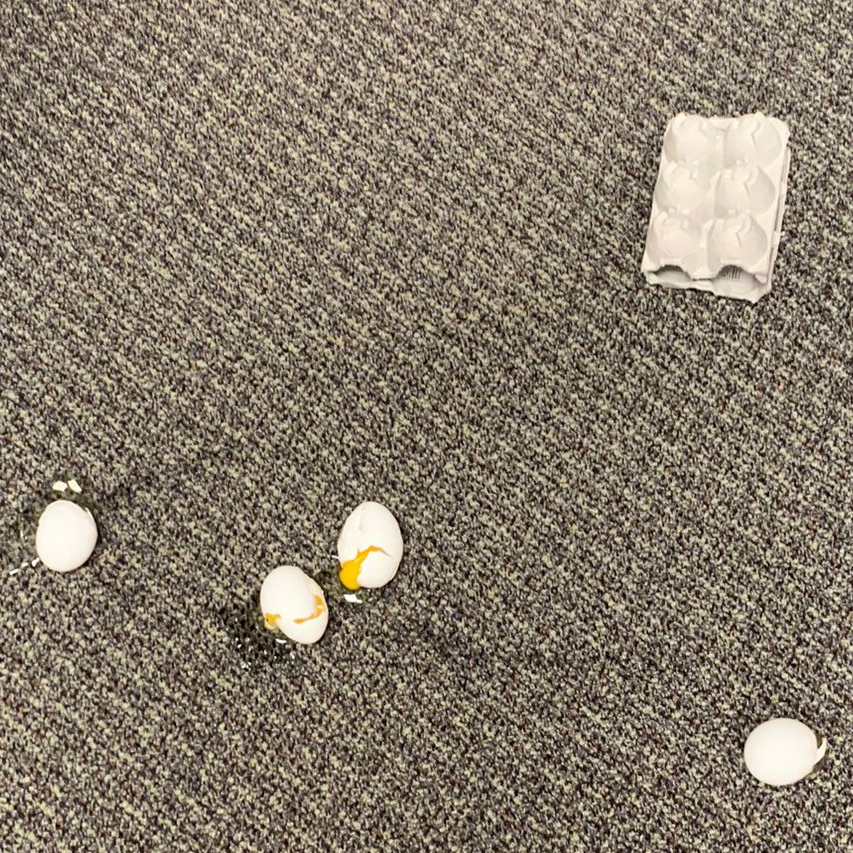“What Human Emotion Am I? You’re Anger.” A chuckle. Sianne Ngai once wrote a question: “Is there an ‘adequate’ or ‘sufficient’ response to racist expression?” The “I” was shrugging. A performance of idk-yet-somehow-do-know. This is the “I” who feel without rather than within. The “I” asked itself why history is impossible to be written without memory. The “I” whose body does not because language fails yet words always re-begin.
Thinking about an author who calls and dresses herself as a postmodern witch. A good art is always political, indeed. So hers are never not political. She makes sure her readers know that. As an author, she is rarely shying away from the question of being political. In her language and writing, no art for art’s sake. The novel has argument, a thesis, a premise, a claim, a declaration, a point. A reader doesn’t have to second guess because the author already lays out her “research” question, a method to answer that question (that is through fictional prose we understand as “novel”), and her answers. The author makes a direct pact with her readers: dear readers, you have to read it as a political novel. Gothic genre, yes. Political, absolutely. Her novel-as-political-pedagogy sometimes overshadows the sense of doing politics. Or even just politics. And I say sometimes.
Research is boring. Thinking is wondrous. I want more of the latter, desiring hours of stay still, resting in mind. Some days ago I wailed out of laziness of re-searching. What does research? It’s searching again and again and again but some people don’t even have questions, only seeking out with a hope to find something, re-find things. Look out! Watch out! I stop playing detective.
Can these notes become literature without truth? I lie about being cold. I’m still in fever. Let me clinging to your hypocritical despair. How dare you have one?
Analogy means not closing my eyes even when I do. I wonder about parallelism, the act of standing side by side knowing well one can’t stand aside, one can only stand upon. The intention to analogize has overpowering ripples. Analogy is a wave among waters.
Saya membayangkan diri menulis sastra sambil menyisir kulit-kulit mati pada bibir kering, sedikit perih cicip rasa darah nyam. Keindahan sastra, kata mereka, tidak lagi terletak pada jejak-jejak kalimat mendayu, mengalun, terayun rapi. Lalu berbahagialah lidah vernakular. Which one is my vernacular? Which one is my lingua franca? I ask again, bisa nggak sih bacotan modal-madul ini jadi sastra tanpa kebenaran? At the end of the day, we just do. No, not we, who are we? This is “I” just do.
I am a feeling historian. I locate feeling in time, that even when feeling such as “love” was there, it’s not the same “love” I think I know. The love Kartini said in 1900 might be not the love that readers of Kartini said in 1950. And so “love” travel through space and time. Perhaps travel is not accurate; perhaps linger and morphing, same word, different meanings; different words, same meanings. I don’t argue transformation or continuity; I argue for mechanism. How did feeling political and/or becoming politics? And care relations and practices become the key because feeling without signification of relations cannot do its communicative work. And so the discursive machine of politics operated through those sprinkles of feelings-in-care. Now, I see its violence.
This note is literature. Treat as one, dear readers. I’m not a witch. I’m the spell.
